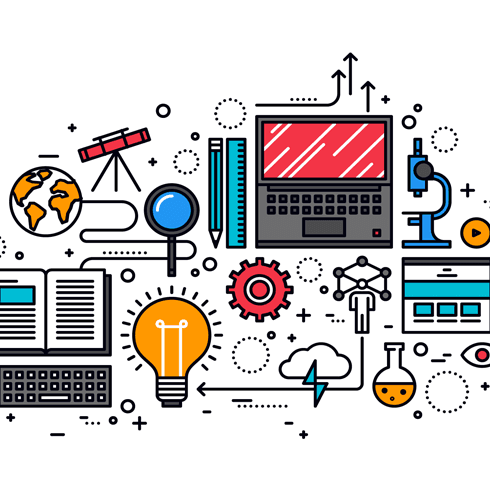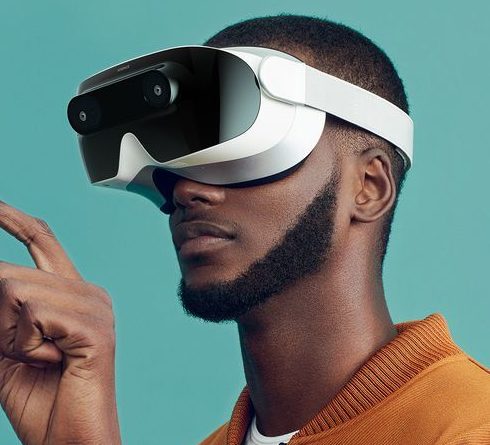Tech Innovations in Modern-Day Healthcare
As we evolve and increase our knowledge of technology, we develop better and more efficient ways to impact every aspect of our economy and, generally, our lives. From agriculture to infrastructure and healthcare, no industry hasn’t felt the integration of technology.
The healthcare industry has transformed tremendously over the past few decades thanks to groundbreaking technological innovations. These advancements have not only enhanced the quality of patient care but have also made some healthcare operations less complex, making the system more efficient and effective. Here are some of the most impactful tech innovations revolutionising modern healthcare.
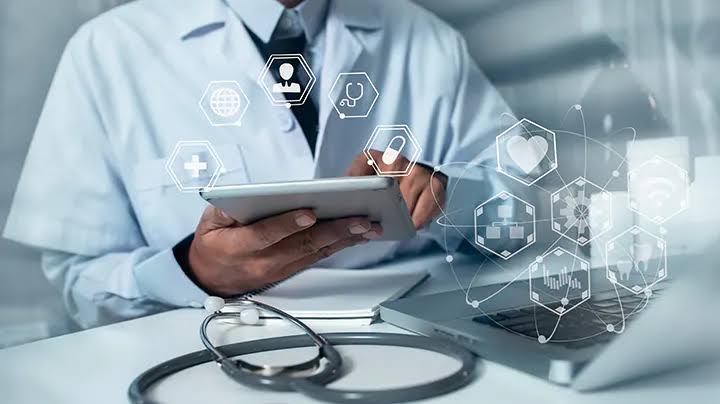
Telemedicine
The era of the COVID-19 pandemic saw the rise of telemedicine in the healthcare industry. Innovations like the “HealthTap App” allow patients to consult with healthcare providers remotely, and some also allow video conferencing. Telemedicine has made healthcare more accessible, particularly for those in rural or underserved areas. It reduces the need for travel, minimises waiting times, and ensures that patients can receive timely medical advice from the comfort of their homes.
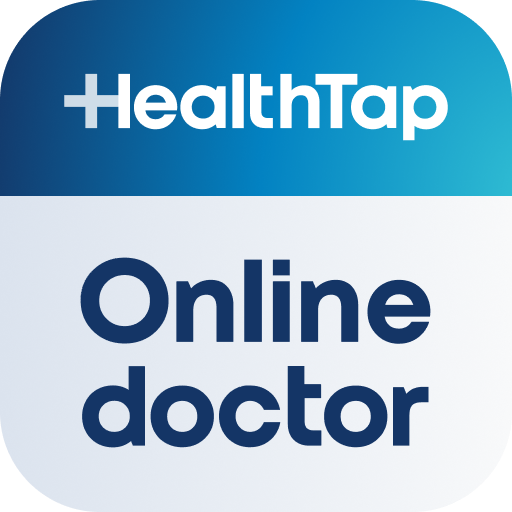
Robotics in Surgery
Robotic surgery has changed entire surgical procedures. Robotic systems, such as the da Vinci Surgical System, enable surgeons to perform complex surgeries with better precision and accuracy through barely dangerous techniques. Compared to traditional surgery, these systems provide better visuals, greater dexterity, and reduced tremors. The benefits of robotic surgery include smaller incisions, less pain, reduced risk of infection, and faster recovery times for patients.
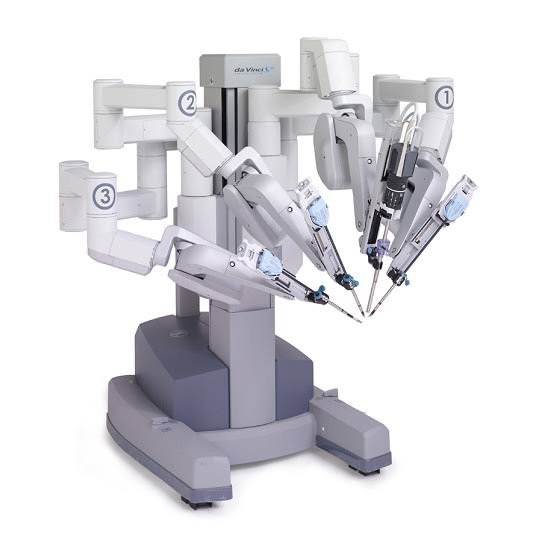
Portable Health Devices
Creating portable devices that patients can access anytime has proven to be a lifesaver. These devices have become increasingly popular for monitoring various health parameters, from portable blood pressure monitors to fitness trackers and smartwatches. These devices can track heart rate, blood pressure, physical activity, and sleep patterns in real-time.
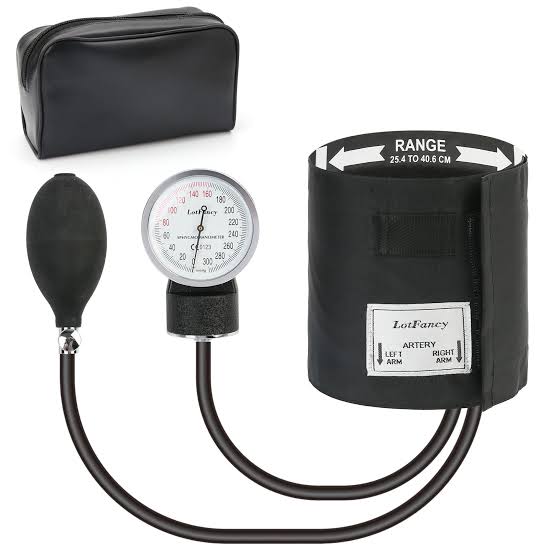
Ultra-High-Resolution CT (UHRCT)
Ultra-high-resolution CT (UHRCT) offers excellent image detail, allowing even the microscopic images of anatomical structures to be captured. This level of detail is essential in fields such as pulmonology, neurology, and orthopaedics, where precise images impact the diagnosis process and treatment. UHRCT can detect early-stage diseases and subtle abnormalities that might be missed with standard CT imaging.
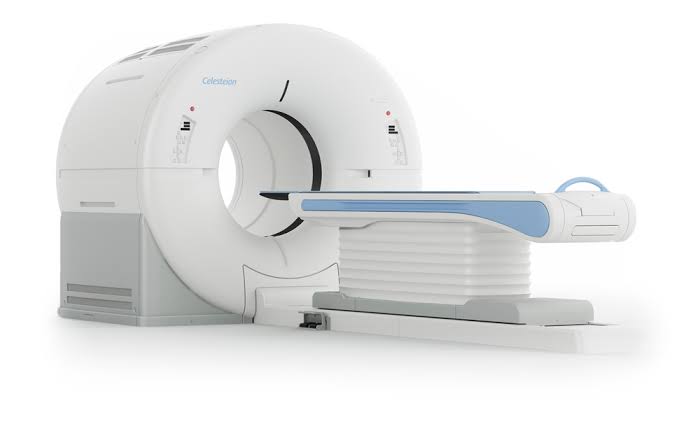
3D Printing
3D printing technology has had numerous applications in healthcare, from creating custom prosthetics and implants to producing anatomical models for surgical planning. Customisation is a significant advantage of 3D printing, as it allows for creating medical devices tailored to an individual’s specific needs. This technology has also been instrumental in bioprinting, where researchers are working on printing tissues and organs, potentially revolutionising organ transplantation in the future.
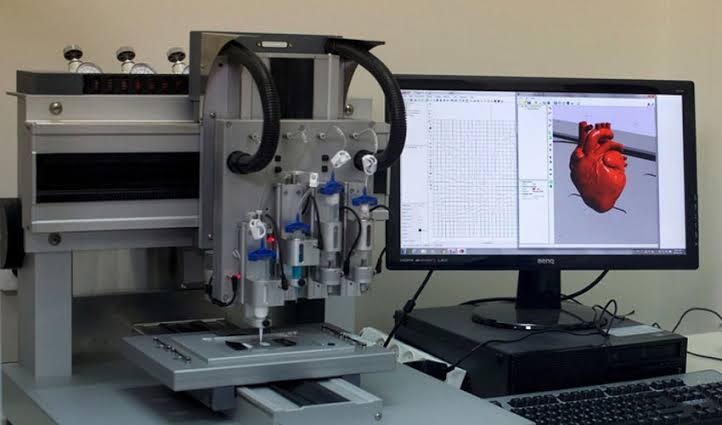
With the rise of sophisticated machinery and innovative tech ideas, the modern healthcare industry has seen many improvements in patient care, mode of operation, and general service. Services have become more effective and personalised, and with more innovations still coming up, it is only bound to get better.




